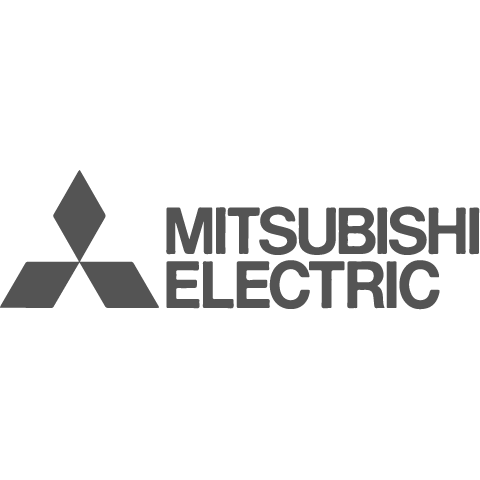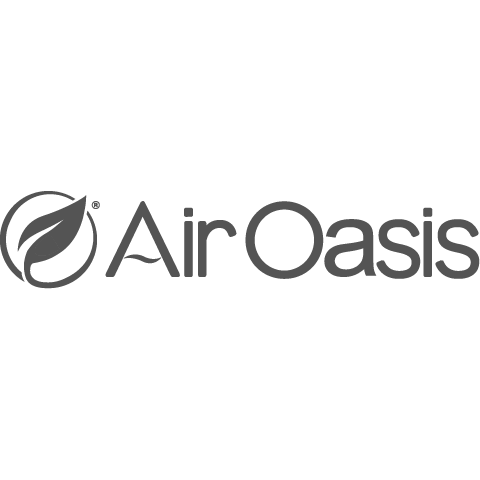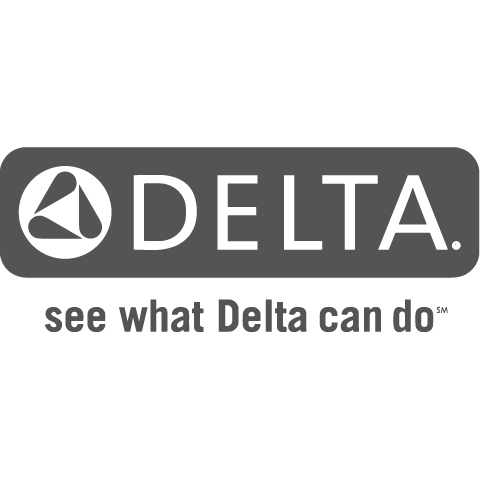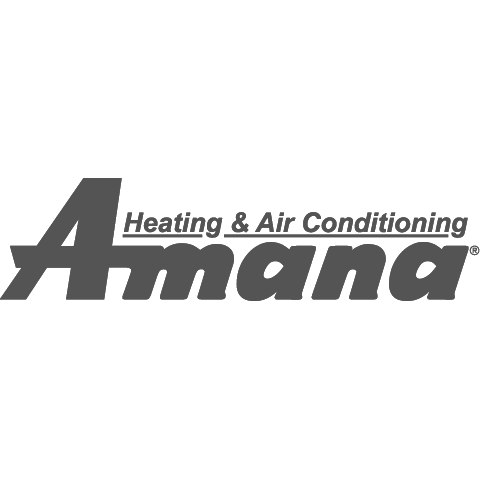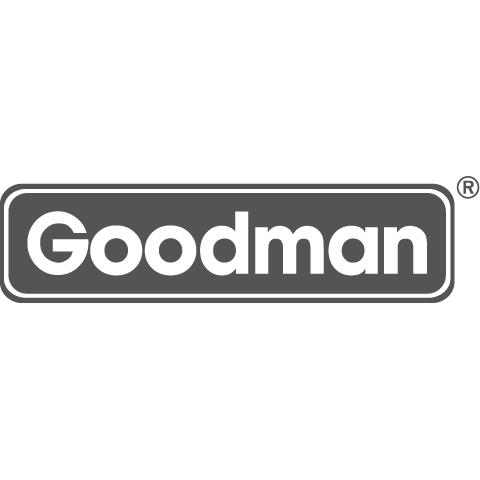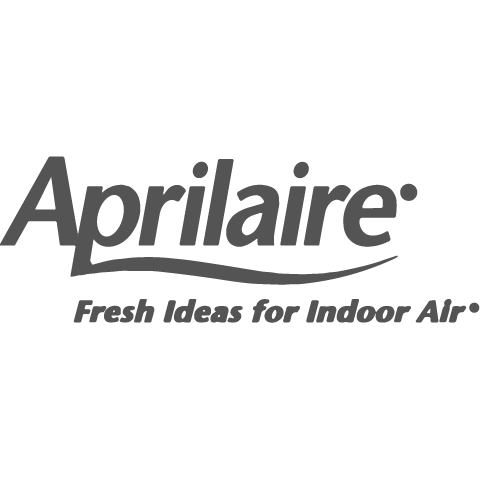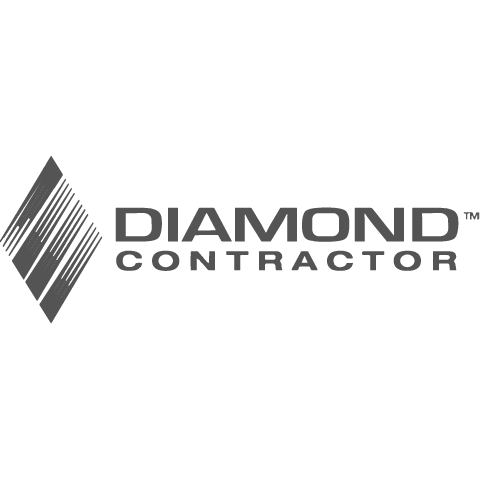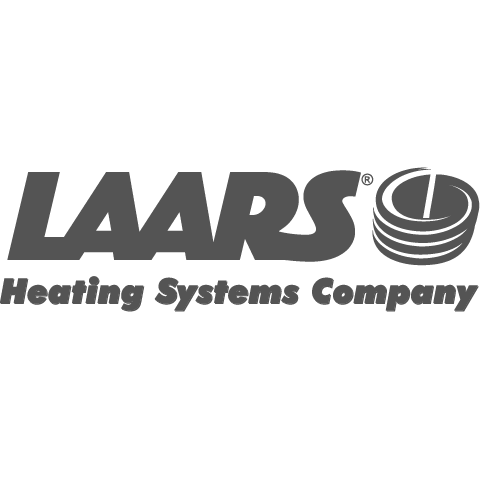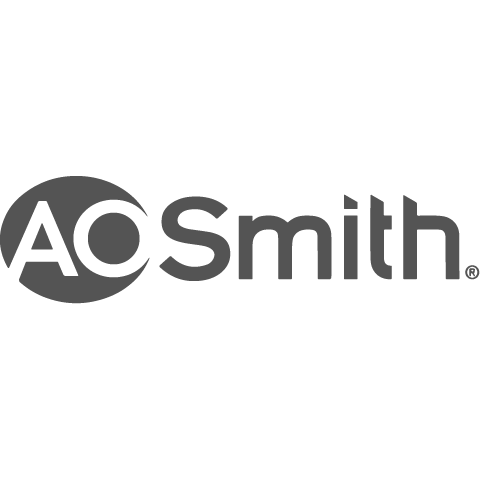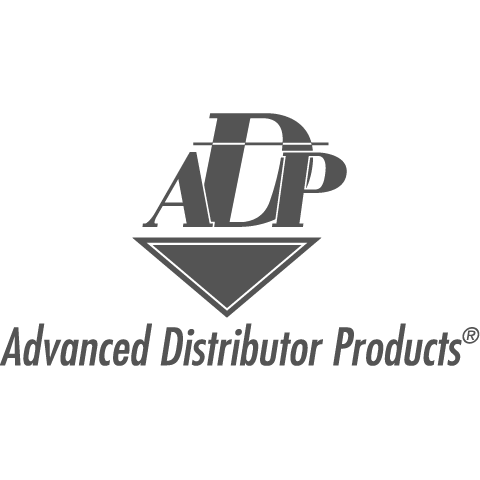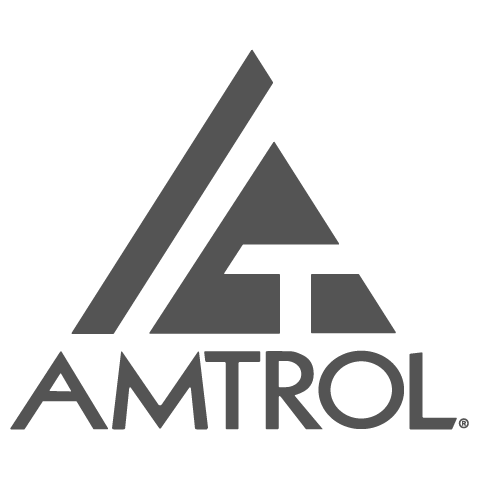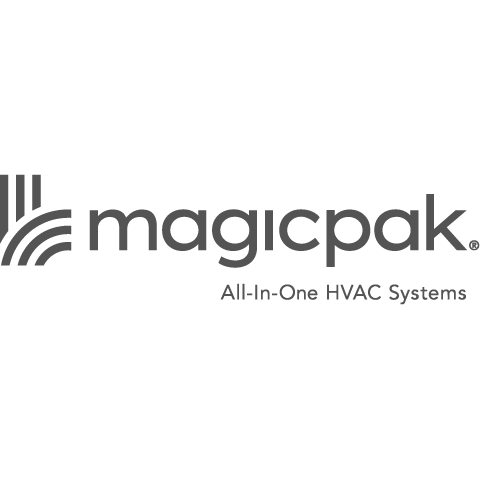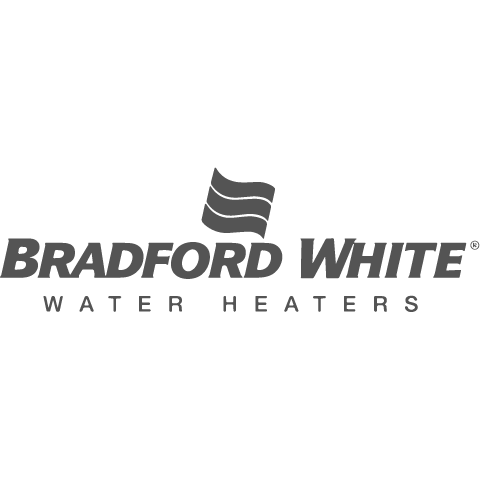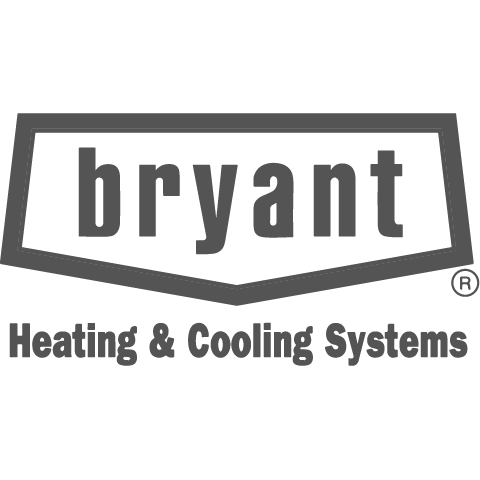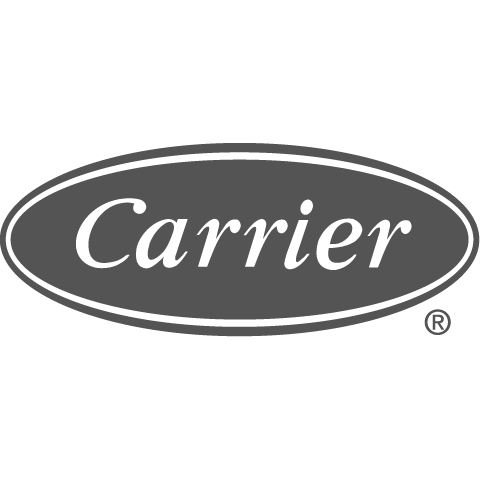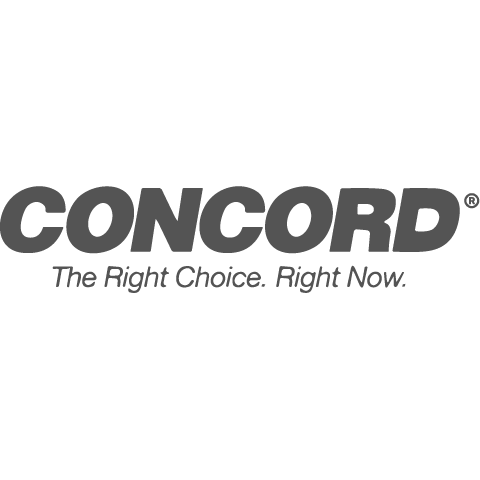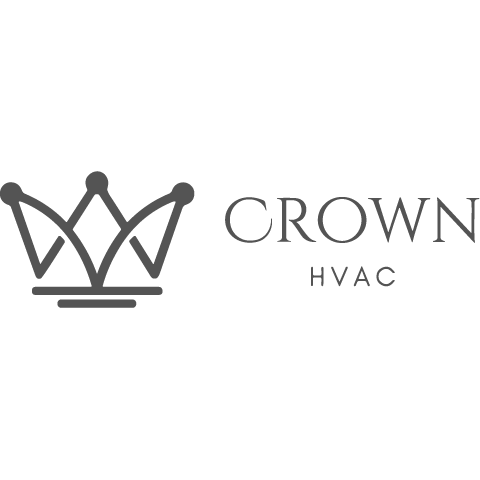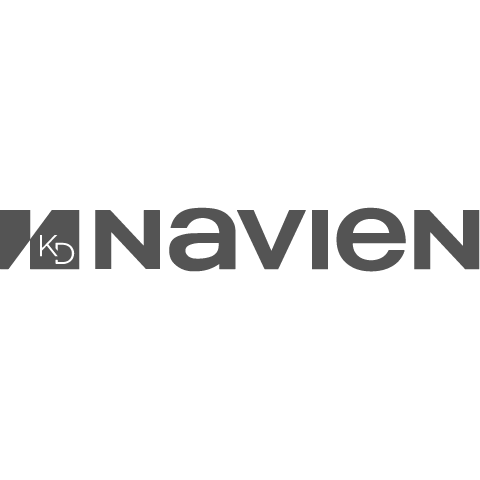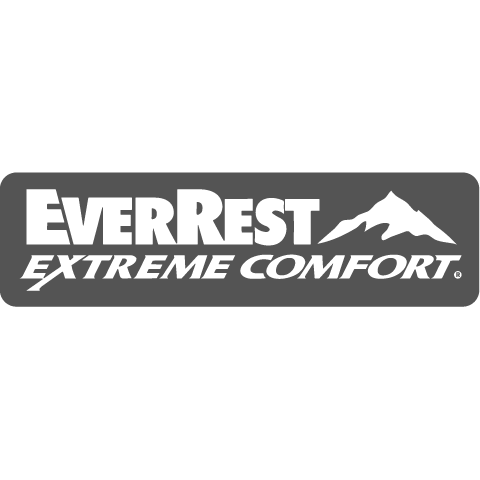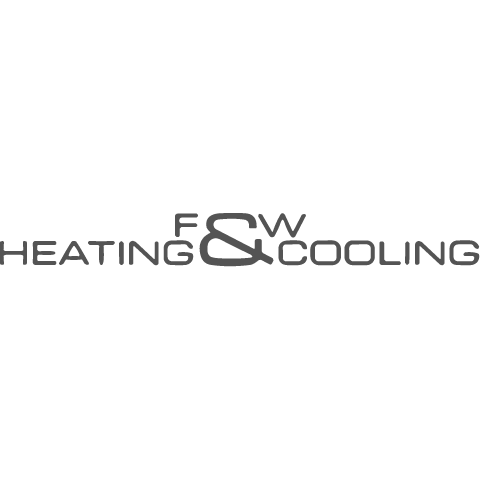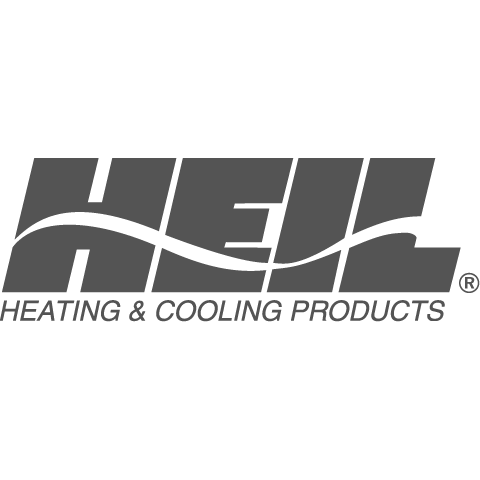
About Edwin Stipe HVAC & Plumbing
Trust and expertise in Lehigh Valley for 130 Years
Edwin Stipe HVAC & Plumbing has proudly served homeowners and businesses in Pennsylvania and New Jersey for over 130 years. Our legacy is built on quality, reliability, and exceptional customer service, which makes us one of the most trusted names in the region.
At Edwin Stipe HVAC & Plumbing, we’re dedicated to delivering top-notch HVAC and plumbing solutions that keep your home or business comfortable and running smoothly year-round. Our experienced professionals are here to ensure every job is done right the first time. We back our work with guarantees and a commitment to your satisfaction.
Committed to Your Comfort & Satisfaction
At Edwin Stipe HVAC & Plumbing, we believe that comfort begins with exceptional service. Our comprehensive range of HVAC and plumbing services is designed to meet your needs, whether simple or complex. From routine maintenance to a complete system installation, we’re here to help you get the highest level of comfort in your home or business.
Our experienced team of skilled technicians brings knowledge to every job, ensuring you receive reliable solutions that fit your specific situation. We’re committed to providing timely, professional service that makes your life easier and your home more comfortable.
Our full list of services includes:
- Heating services: Our heating services include installation, repair, and maintenance for all types of systems, including furnaces and boilers, to make sure your home stays warm even during the coldest months.
- Air conditioning services: We specialize in AC installation, repair, and maintenance to keep your home cool and comfortable throughout the hottest summer days.
- Commercial HVAC services: Our commercial HVAC services provide customized heating and cooling solutions to meet businesses' needs, creating a comfortable environment for employees and customers.
- Plumbing services: From leak detection and repairs to complete plumbing installations, our team handles all your plumbing needs with expertise and efficiency.
Why Choose Edwin Stipe HVAC & Plumbing?
Choose our team for HVAC and plumbing services in Lehigh Valley, PA. We’re known for our commitment to quality service and customer satisfaction. With the highest percentage of give-star Google reviews in the area, we work to deliver the best value through our strong guarantees and competitive pricing. Our 1-year, 100% money-back guarantee on installations and a 10-year heater and air conditioning replacement guarantee offer peace of mind on every job.
We also provide no-breakdown guarantee inspections, making sure your investment is protected. Customers benefit from our flexible 0% financing for 10 years, our 30-day low-price guarantee, and the added assurance of our A+ BBB rating. Free same-day second opinions and in-home estimates make it easy to trust your decision. Experience the Edwin Stipe HVAC & Plumbing difference today by getting in touch to see how we can meet your HVAC and plumbing needs.
Call Edwin Stipe HVAC & Plumbing today or request an appointment online.
